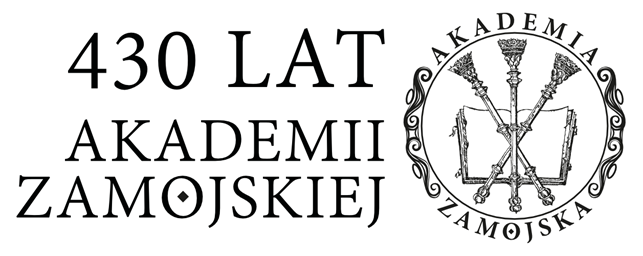Infanticide
Zbigniew Stankiewicz
Abstract
In Austrian Galicia, which was ruthlessly exploited economically, poverty and hunger were widely spread, especially among the peasants, which intensified the problem of infanticide. One reason behind killing children, apart from avoiding social disgrace (children of maidens, children from adulterous relationships), was the inability to maintain numerous offspring. Infanticide was carried out by means of abortion, killing children with one’s own hands, or handing them over to the so-called “angel factories,” i.e. women who, under the pretext of caring for infants, engaged in killing them, for example by starving them to death. The author is primarily interested in the punishment for infanticide. In the former Republic of Poland, it was punishable by death (Magdeburg law), as it was in Galicia until 1803, when the Austrian code changed it to a prison sentence. The author quotes excerpts from Emperor Joseph’s 1776 universals aimed at eradicating infanticide. The instructions ordered all local authorities to pay attention to how parents dealt with their pregnant daughters and whether they punished them; they also publicised the punishments imposed on mothers and those who assisted in infanticide, such as beheading, piercing the heart with a stake, cutting off the hands and head, and burning with tongs. Public punishment of women who were pregnant out of wedlock was forbidden. Similarly, according to a later imperial universal, issued in 1783, such women were expected to receive help and public harassment of illegitimate children was forbidden.
Keywords:
infanticide, punishment for infanticide, Galicia, illegitimate children, death penaltyMost read articles by the same author(s)
- Zbigniew Stankiewicz, The Austrian Occupation Garrison in Zamość in 1915-1918 , The Archivist of Zamość: Vol. 19 (2021)
- Zbigniew Stankiewicz, Gdzie są chłopcy z tamtych lat? Pobór do Legionów w świetle materiałów źródłowych z lat 1915–1917 , The Archivist of Zamość: Vol. 16 (2018)
- Zbigniew Stankiewicz, Garnizon zamojski 1918–1939. Jednostki i instytucje wojskowe w Zamościu , The Archivist of Zamość: Vol. 14 (2015)
- Zbigniew Stankiewicz, Zamosc Under Austrian Occupation, 1772-1809 , The Archivist of Zamość: Vol. 18 (2020)
- Zbigniew Stankiewicz, Drawbridges of Zamość Fortress , The Archivist of Zamość: Vol. 20 (2022)
- Zbigniew Stankiewicz, Blokhauzy Twierdzy Zamość , The Archivist of Zamość: Vol. 15 (2017)
- Zbigniew Stankiewicz, The Siege of Zamość Fortress in 1813 , The Archivist of Zamość: Vol. 20 (2022)
- Zbigniew Stankiewicz, The German Army in Zamość, 1939-1944 , The Archivist of Zamość: Vol. 19 (2021)
- Zbigniew Stankiewicz, Twierdza Zamość w latach 1815–1831 , The Archivist of Zamość: Vol. 15 (2017)
- Zbigniew Stankiewicz, Ikonostas w cerkwi pw. św. Mikołaja w Zamościu , The Archivist of Zamość: Vol. 21 (2023)
Details
References
Statistics
Authors
Citation rules
Licence

This work is licensed under a Creative Commons Attribution-NoDerivatives 4.0 International License.


 Język Polski
Język Polski
 English
English




